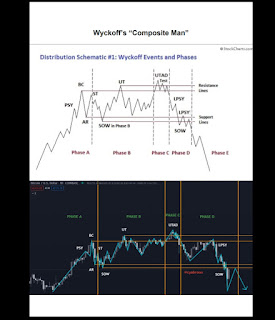What is a Smart Contract?
What is a Smart Contract?
In brief :-
Smart contract is a agreement whereby execution is both automated and enforceable and runs on a distributed ledger.
Smart contracts can be used to handle common contractual conditions, removing the need for
intermediaries
General Definition and interpretation :-
The term “smart contract” is used often when discussing distributed ledger technology; however, its definition tends
to be broad, unclear and often controversial.
The term “smart contract” itself can be misleading, as the notion of “smartness” and the extent to which something is
truly a “contract” is questionable in many instances. Smart contracts have become so closely associated with distributed ledger technology and referred to so often, that in many cases the meaning has strayed from its original intent and has been generalized to the point of inaccuracy.
The origin :-
The phrase and concept of a smart contract was originally developed in 1994 by Nick Szabo, a legal scholar, computer scientist and cryptographer
Szabo’s background reveals the original intent and requirements
of a true smart contract: a confluence of both legal and computer code. In fact, Szabo’s entire methodology is
centered around the improvement of contract law and practice through electronic protocols
As Vitalik Buterin, the 22-year-old programmer of ethereum, explained it at a DC Blockchain Summit, in a smart contract approach, an asset or currency is transferred into a program “and the program runs this code and at some point it automatically validates a condition and it automatically determines whether the asset should go to one person or back to the other person, or whether it should be immediately refunded to the person who sent it or some combination thereof.”In the meantime, the decentralized ledger also stores and replicates the document which gives it a certain security and immutability
#Crypto #WazirXwarriors #WazirX
#SmartContract #Cryptogeek
#IndiaWantsCrypto #Binance #Ethereum #BlockChain





Comments
Post a Comment